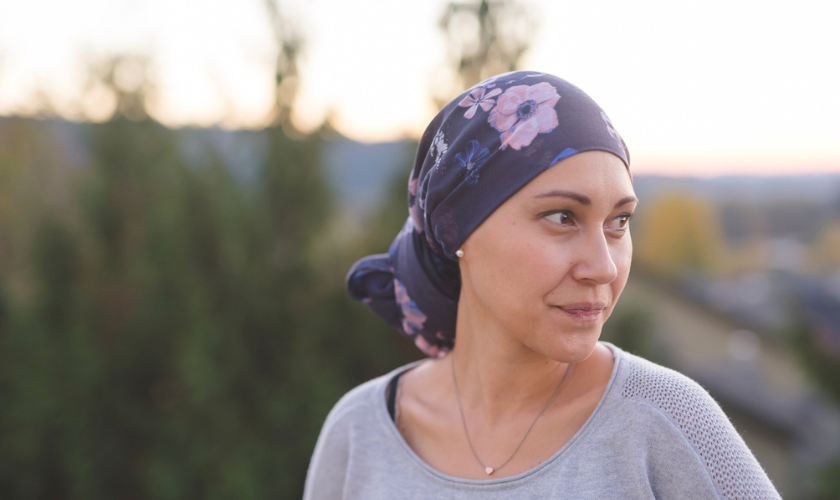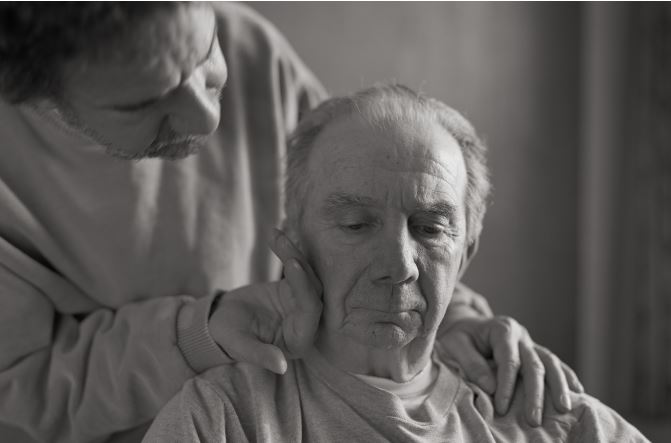
Breast cancer is one of the most common types of cancer in women in the United States. In fact, a woman has a 1 in 8 chance of developing breast cancer during her lifetime, according to the American Cancer Society. The good news is that breast cancer deaths have been on the decline for many years now. Increased awareness, better screening and better treatment are saving lives. … Read More






